Bangladesh in UN Peacekeeping Missions : Contributions and Global Recognition
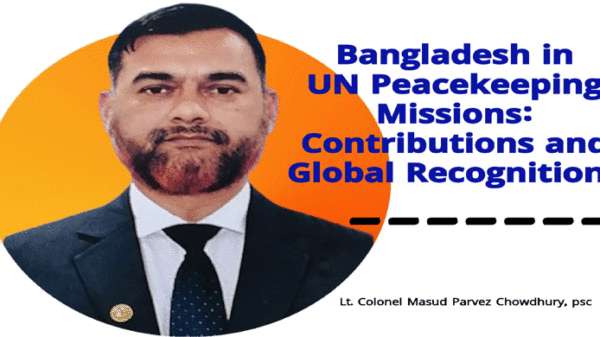
Masud Parvez Chowdhury : The United Nations (UN) was founded in 1945 with the primary goal of establishing and maintaining stability through collaboration. The UN’s main goal includes “to maintain international peace and security and to that end, to take effective collective measures for the prevention and removal of threats to the peace and for the suppression of acts of aggression or other breaches of the peace and to bring about by peaceful means and in conformity with the principles of justice and international law, adjustment or settlement of international disputes or situations which might lead to a breach of the peace.”The UN Peacekeeping Operations (UNPKO) was established in 1948 as a forum by the UN to address disputes between nations because of a peace movement that had begun in the international arena. Deploying UN Army investigators to the Middle East was the first mission and they were there to observe the deal between Israel and its Arab neighbours. UN peacekeeping mission has evolved in last few years to reflect the shifting character of international disputes and the political environment on a global scale. After the Cold War era, UN peacekeeping missionpreciselyextended.
The South Asian nations contribute a significant amount of troops to peacekeeping missions. One area of international action where the region’s combined efforts have had a good impact is in peacekeepingmissions. Bangladesh has taken a leading role in the UN’s peacekeeping mission and is well aware of the background of peacekeeping operations. Bangladesh is one of the UN’s most important and reliable partners because of its sustained dedication, compliance to the organization’s rules and timely actions for adaptation. Despite the shifting global security landscape, it has remained committed to being an accountable UNPKO stakeholder.The aim of contemporary peacekeeping is to guarantee social protection in both pre- and post-conflict settings and to finalize peaceful relations rather than focusing just on peacemaking and peacebuilding. The cessation of intrastate wars and the advent of military conflict have led to multifaceted obligations for peacekeeping that go beyond its basic tasks. Boosting state efficiency and decrease state fragility may be one of the primary objectives for UN peacekeeping missions. As a result, the present generation of peacekeepers could drastically alter the operational capacity of UN forces.
Bangladeshi forces are carrying out the mission with absolute integrity, dedication, determination and professionalism despite the hostile topographical, meteorological and other adverse circumstances. For the past three decades, Bangladesh is constantly participating in peacekeeping missions all over the world and had been playing a vital role in ensuring international peace and stability. Bangladesh took part in both United Nations Transition Assistance Group (UNTAG) in Namibia and the United Nations Iran-Iraq Military Observer Group (UNIIMOG) in Iraq for the first time in 1988. In addition to several instances of success in Somalia, Sierra Leone and the Congo, Bangladeshi soldiers made sure that insurgents in Liberia and the Ivory Coast (Côte d’Ivoire) surrendered and laid down their weapons. Additionally, the nation carefully oversaw the electoral processes in Mozambique, Congo, Sierra Leone, Liberia, Ivory Coast and other African nations.Since 1988, Bangladesh contributed approximately 175,000 troops including more than 1,800 female peacekeepers in 54 peacekeeping missions to 40 different nations across 5 continents. Over 7,000 soldiers and police are now serving in 10 different missions.Most Bangladesh’s peacekeepers are stationed in Africa. Following table shows the countries and name of missions where Bangladeshi troops are currently deployed.
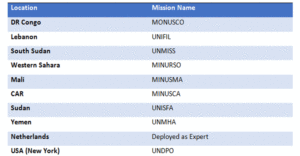 The 3rd East Bengal Regiment, an infantry regiment from the Bangladesh Army, led a contingent of 1,002 soldiers when they initially joined the UN Transitional Authority in Cambodia in 1993. For Bangladesh, the mission in Cambodia was a significant undertaking and the country’s military provided a sizable detachment to the peacekeeping effort.The Bangladeshi military has also helped with demining operations in South Sudan and the DDR processes in Kosovo, Timor-Leste, Sierra Leone and Liberia. Additionally, they have contributed to Juba’s access to water, sanitation, elementary education, employment and means of subsistence. Bangladesh’s Engineer Centre & School of Military Engineering and Ordnance Centre and School have begun offering special training on counter-IED in response to the growing threat posed by improvised explosive devices (IED). These two institutions provide specialized training to all peacekeeping teams preparing for deployment to Mali.One of the first nations to embrace the Peacekeeping Capability Readiness System, which was introduced in 2016, is Bangladesh. It increased the speed of its deployment by sending troops to the UN mission in Mali. Bangladesh is committed to maintaining its reputation to achieve world peace. Three significant ambushes on Bangladeshi Contingents in 2017 and 2018 resulted greatest number of casualties. In these three ambushes, eight courageous Bangladeshi warriors sacrificed their lives, leaving 10 men with serious injuries.
The 3rd East Bengal Regiment, an infantry regiment from the Bangladesh Army, led a contingent of 1,002 soldiers when they initially joined the UN Transitional Authority in Cambodia in 1993. For Bangladesh, the mission in Cambodia was a significant undertaking and the country’s military provided a sizable detachment to the peacekeeping effort.The Bangladeshi military has also helped with demining operations in South Sudan and the DDR processes in Kosovo, Timor-Leste, Sierra Leone and Liberia. Additionally, they have contributed to Juba’s access to water, sanitation, elementary education, employment and means of subsistence. Bangladesh’s Engineer Centre & School of Military Engineering and Ordnance Centre and School have begun offering special training on counter-IED in response to the growing threat posed by improvised explosive devices (IED). These two institutions provide specialized training to all peacekeeping teams preparing for deployment to Mali.One of the first nations to embrace the Peacekeeping Capability Readiness System, which was introduced in 2016, is Bangladesh. It increased the speed of its deployment by sending troops to the UN mission in Mali. Bangladesh is committed to maintaining its reputation to achieve world peace. Three significant ambushes on Bangladeshi Contingents in 2017 and 2018 resulted greatest number of casualties. In these three ambushes, eight courageous Bangladeshi warriors sacrificed their lives, leaving 10 men with serious injuries.
Bangladesh also swiftly provided additional troops in response to the UN’s request and was able to send a brigade-size force to Freetown, Sierra Leonein accordance with the mission expanded mandate. In locations like the Democratic Republic of Congo, Bangladeshi soldiers continued to provide their services by routinely monitoring villages to preserve security. Bangladeshi contingents successfully carried out missions in Darfur, Cyprus, Central African Republic and Democratic Republic of Congo.According to former peacekeepers and observers, neutrality, professionalism and quick response in the deployment inspired UN to employ most of the soldiers from Bangladesh for PKO around the world in the past three decades. Apart from their expertise, former armed forces and police officials claimed that Bangladeshi peacekeepers’ utmost moral standing during their service in UN missions also helped the nation to deploy additional troops. Bangladesh was the top troops providing nation in 2011, 2014, 2015, 2021 and 2022.
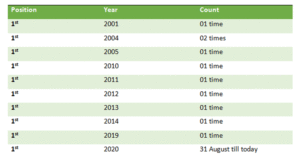
Moreover, for its commitment to UN Peacekeeping missions, Bangladesh Police was given the Best Police Unit Award in November of 2019. The Bangladesh Formed Police Unit (FPU) 11 was alsohonoured for its excellent efforts in enhancing the police force’s capabilities while securing the Nyala Super Camp in South Darfur, Sudan.Approximately 110 Bangladesh Navy personnel who participated in the UN peacekeeping mission to maintain stability in Beirut, Lebanon, had received the Peacekeeping Medal in 2021. The officers and crew of the Bangladesh Navy warship “Sangram” received the award from Rear Admiral Andreas Mugge, the Maritime Task Force (MTF) Commander of the UN Interim Force in Lebanon, in appreciation of their service in peacekeeping operations. Since the Navy’s assignment in Lebanon 11 years ago, its members have carried out their duties with full honesty, devotion and effectiveness. Bangladesh’s reputation and image abroad have improved as a result of the Navy’s proud involvement. Moreover, this year the US embassy in Dhaka, highly praised Bangladesh for their sacrifice in UN peacekeeping missions.The former President of Sierra Leone, Ahmad TejanKabbah, visited Bangladesh in 2003 and articulated his gratitude for Bangladesh’s important assistance to Sierra Leone as a result of the country’s peacekeepers’ successful performance in Africa. Ivorians would frequently refer to Bangladeshi troops as “munami,” which means “my friend.”Additionally, in 2020 approximately 861 members including 19 female members of Bangladesh Armed Forceswho were serving with the UN peacekeepingmission in South Sudan (UNMISS) were honored with medal by UN for their relentless efforts in ensuring protection of civilians.
A noteworthy example of internationalism and global cooperation is UN peacekeeping mission. It has been demonstrated to be one of the most successful methods for fostering and maintaining world peace and stability. Now, the “Blue Helmet” represents cooperation on a worldwide scale and group leadership for world peace. In course of time, Bangladesh for its significant contribution in the UN peacekeeping missions has become a proud member of the “Blue Helmet” family. The contribution, service and sacrifice of Bangladesh in UN peacekeeping missions for global peace has taken the nation to a new height. For more than three decades, Bangladesh has established its credibility in the UN for its hard work and dedication. Bangladesh may be considered as unique and exemplary as defender and promoter of peace around the world. Bangladeshi peacekeepers had worked and still working in the rugged terrain of Africa and played significant role in different sectors as security personnel, doctors, engineers, trainers and advisors facing numerous security threats, difficulties and challenges. Currently new dimensions of threats are evolving around the world that is likely to hamper global peace.The main security threats of the new millennium include radicalism, environmental issues, mass human migration, the emergence of right-wing extreme nationalism, catastrophic events, trade wars etc.The UN may respond to the new difficulties and shifts its focus for evolving nature of dispute and the changing role of PKO. Bangladesh may need to advance if it is to step up with the pace of world development and handle complicated disputes.
Author : Lieutenant Colonel , Bangladesh Army



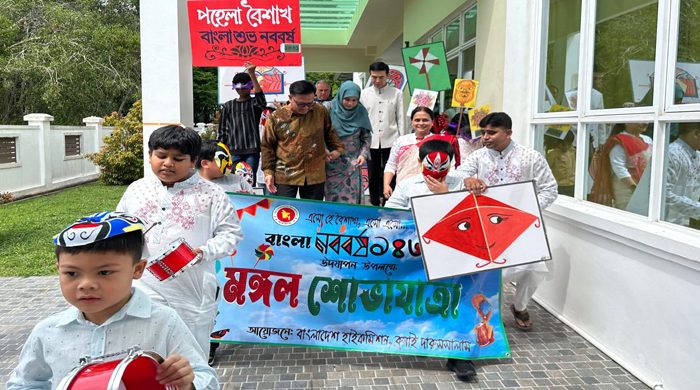
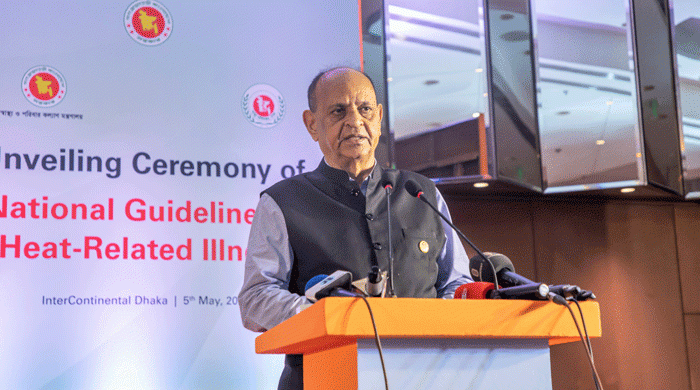
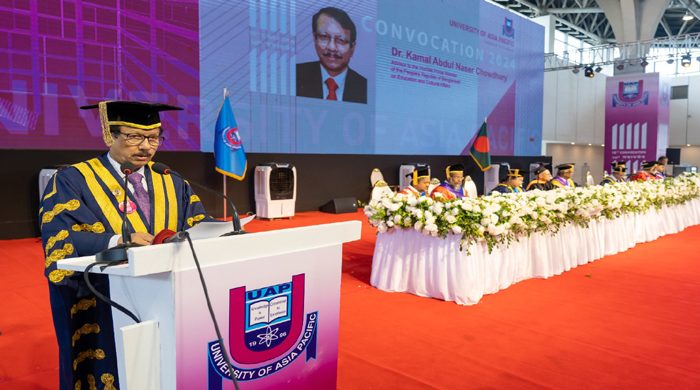
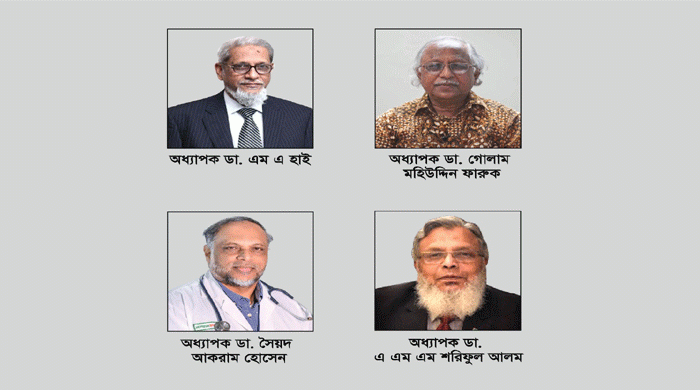


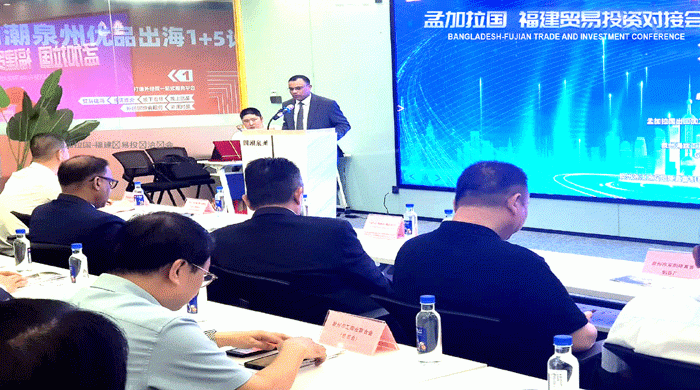

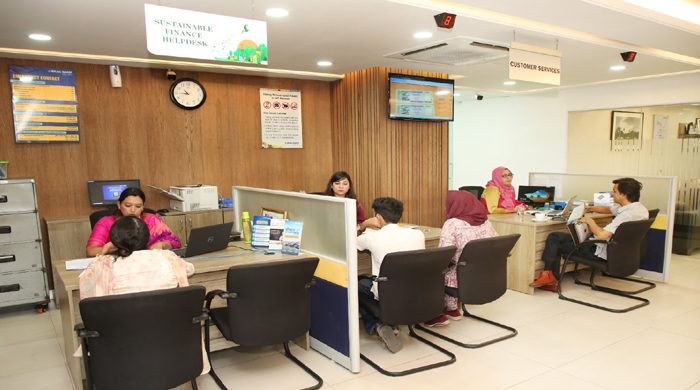
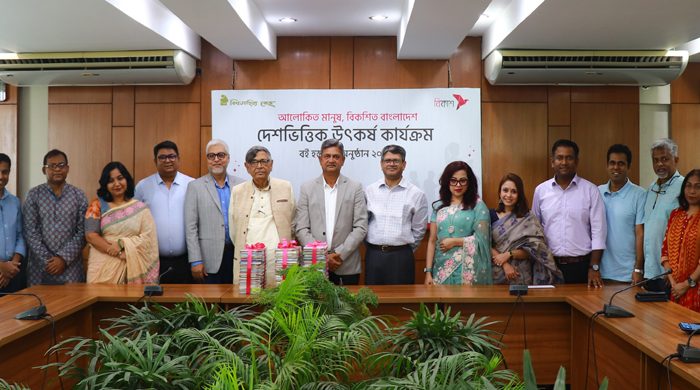
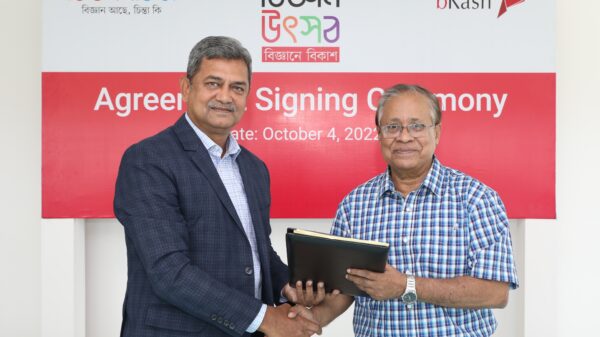


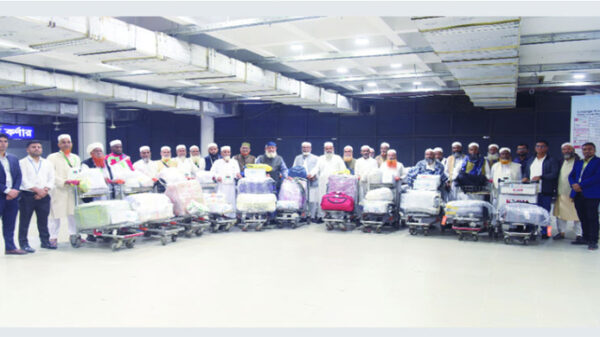
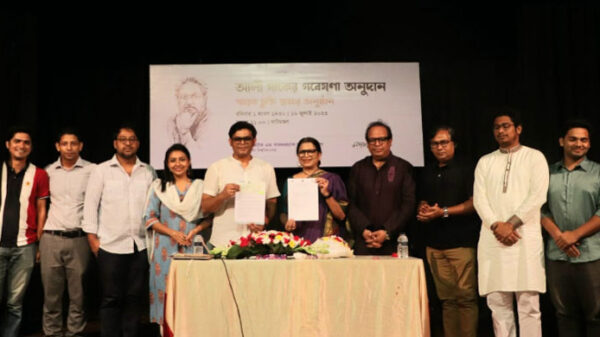
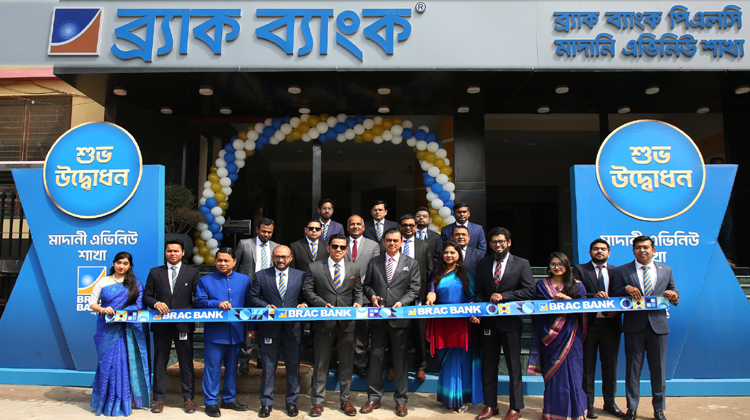
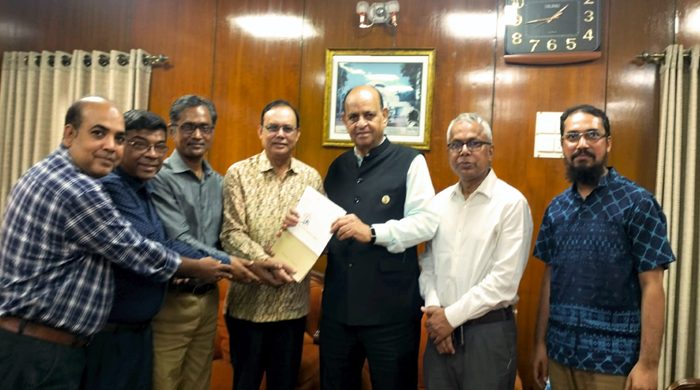
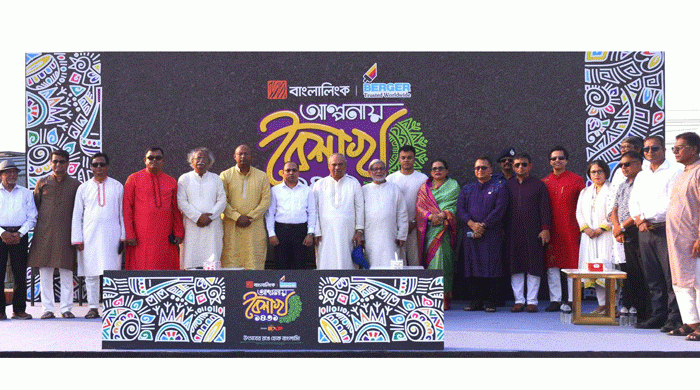

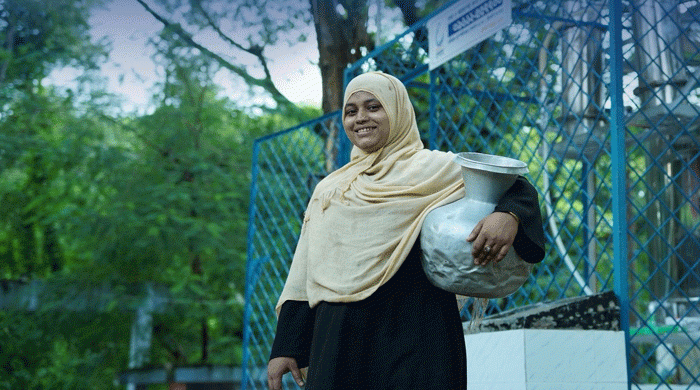
 Chief Editor :
Md. Shohel Rana
Chief Editor :
Md. Shohel Rana